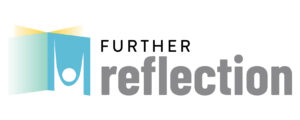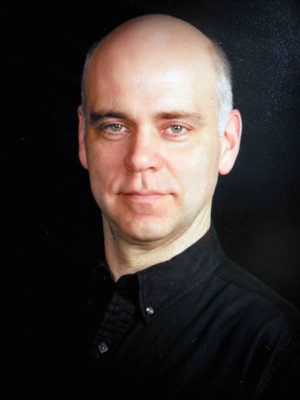 This is a 4-part series (January 16, 23, 30, and February 6)
This is a 4-part series (January 16, 23, 30, and February 6)

2024-01-16 - 2024-02-06
Zoom connect
7:00 - 8:30 PM ET
Details
- Start: 2024-01-16
- End: 2024-02-06
- Cost: $100.00
- Event Category Further Reflection
As a polarized America enters a critical election year, the airwaves are full of crazy ideas. How do people come to believe these things? What can be done? These questions have long been the province of novelists, but more recently social psychologists and other scientists have applied the tools of their disciplines to this vexing issue. There’s still no complete understanding, but there are some glimmers of insight from empirical and scientific studies.
This four session course will survey empirical evidence about the psychological and social factors that lead people to double down on dogmas and delusions. We will discuss the personality characteristics and life circumstances that lead many people to hold rigid beliefs. We’ll consider why some people have serious delusions and why most of us hold some everyday delusions about our life stories. We’ll discuss how and why some people commit to a shared delusion with an ideological group. Finally we’ll consider the psychology of engaging in joint reasoning with other people, how people come to change their dogmatic opinions, and discuss practical strategies to encourage conversation across ideological divides.
 Dr. Mark Reimers is a quantitative neuroscientist at Michigan State University, whose research aims to elucidate how dynamic brain activities give rise to thoughts and feelings in people and animals. Dr. Reimers has worked at the US National Institutes of Health, the Karolinska Institute in Stockholm, at the Virginia Institute for Psychiatric and Behavioral Genetics and at Michigan State University. His broader aim is to ground our understanding of feeling and thought in the facts of biology.
Dr. Mark Reimers is a quantitative neuroscientist at Michigan State University, whose research aims to elucidate how dynamic brain activities give rise to thoughts and feelings in people and animals. Dr. Reimers has worked at the US National Institutes of Health, the Karolinska Institute in Stockholm, at the Virginia Institute for Psychiatric and Behavioral Genetics and at Michigan State University. His broader aim is to ground our understanding of feeling and thought in the facts of biology.
Dr. Reimers was the leader of the Richmond Humanists in Virginia for five years, and now leads the UU Forum in Lansing, and speaks frequently at humanist and science outreach events in Michigan.
Further Reflections is an instructor-led, multi-session virtual to explore various topics on a deeper level. The content of this series is to provide information and an opportunity for dialogue on topics that may interest the humanist community. Speakers are engaged for their knowledge and expertise on the topics covered in both series.
